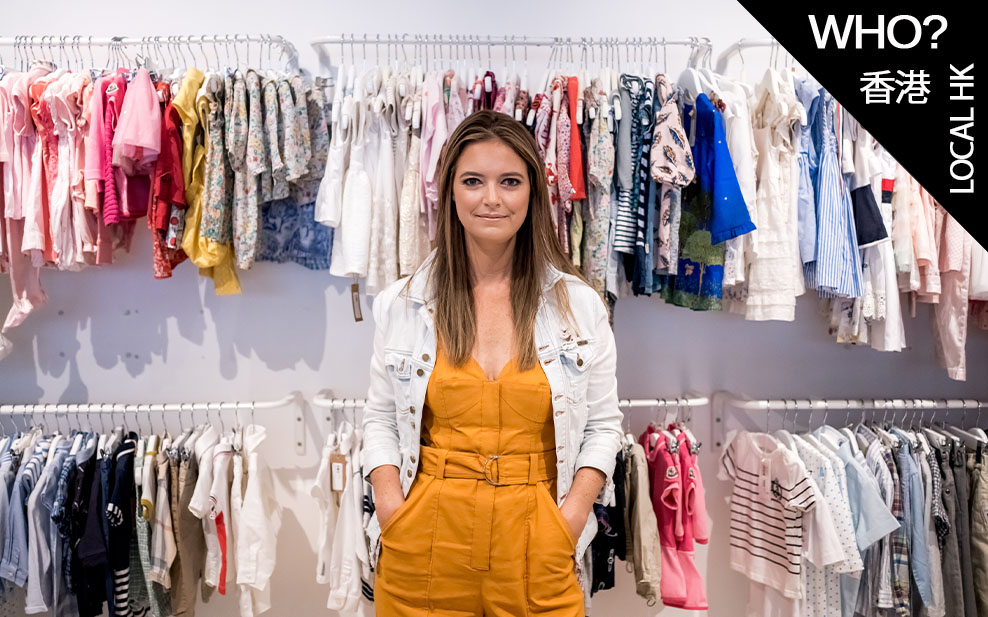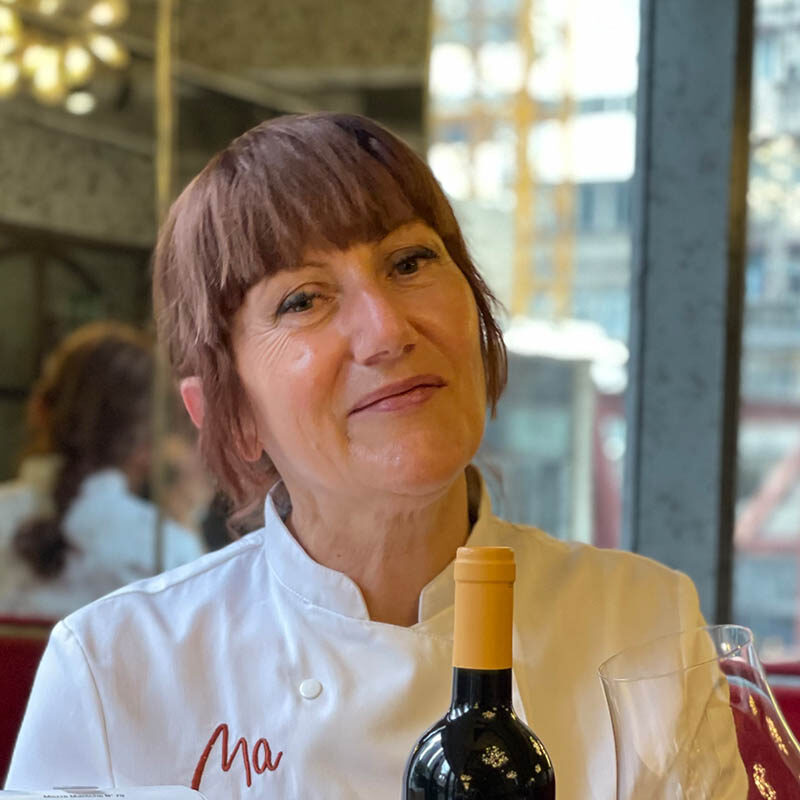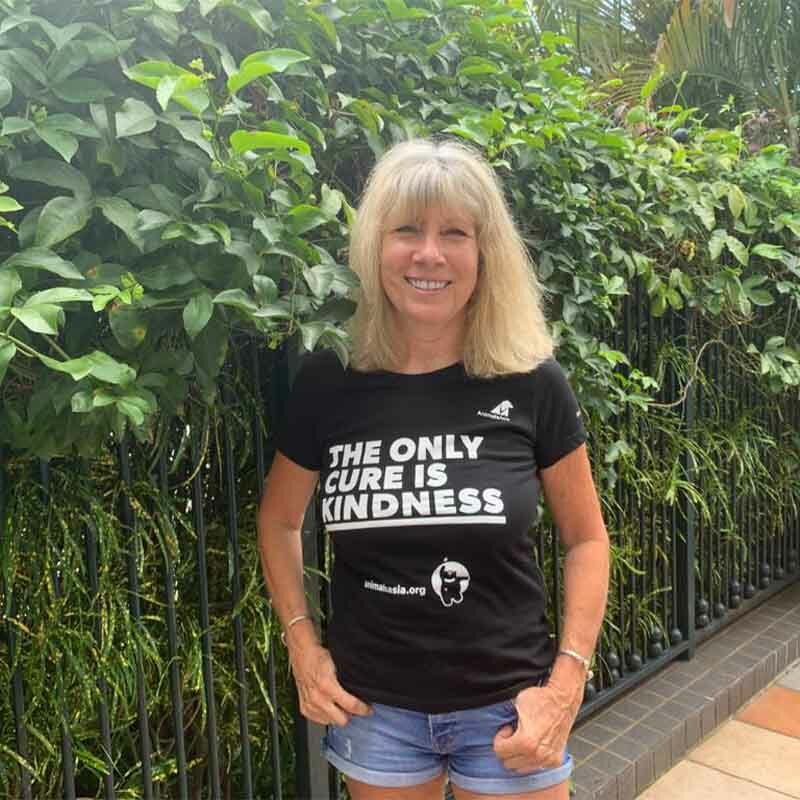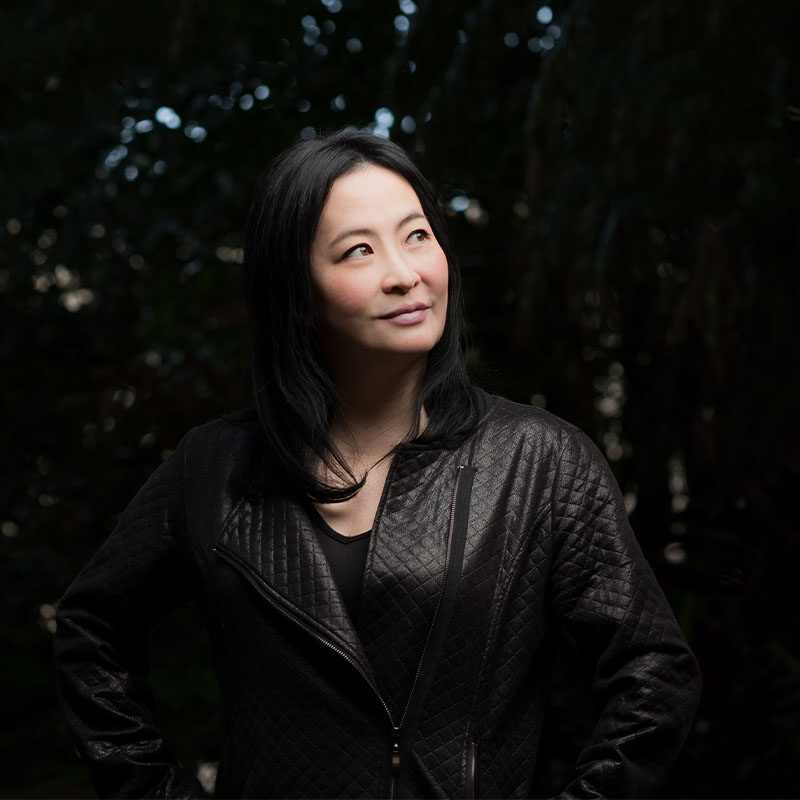In the fall of 2013, Sarah Garner was a blossoming star in the corporate fashion world. Living out the dream of many aspiring fashion professionals, Garner was running the show for renowned Chinese luxury fashion brand, Shanghai Tang, as their Director of Product Development and Merchandising. Having worked for many of the biggest luxury brands -including Lane Crawford- she knew the intricacies of the business in and out.
To many –including, for a while, Sarah herself– another jump up the ladder and pay-grade seemed like the logical next step in her career. What could be more fulfilling than continuing to grow her impressive resume and continuing to rub shoulders with the biggest names in fashion?
WELL, fortunately, Sarah took a break to reflect on that question before making her next move. Although she certainly enjoyed her work, she had a growing sense of dread about continuing in a career focused only on the “next fashion trend”. Pregnant with her first child, she wanted to be able to focus more on family. Furthermore, she was unable to continue working with a clean conscience after seeing the glaring inefficiencies and waste caused by the fashion industry. “I wanted to do better. Better by my son. Better by my career. Better by what I wanted to do in the world” Sarah remembers.
Rather than keep blindly pushing forward, she decided to use her skills to fill a need in the market- improving the inefficiencies inherent in fashion and building a better future for her family. She focused on how she could make fashion more circular and less wasteful.
In this WELL, WHO we tell Sarah’s inspiring entrepreneurial journey; the steps she took forward (and sometimes backward), how she started and grew her own brand, Retykle, and the lessons she has carried with her along the way. What her story reveals is that with passion, experiential knowledge and sustained effort, we can affect positive change in the world while still making profits too.
“Glocal” Childhood
Sarah had an interesting and well-travelled childhood, which opened her mind to think creatively and appreciate diversity. Her parents, both architects by trade, raised Sarah in an eclectic, close-knit community in downtown Toronto. Growing up, she often spent time visiting art museums and admiring the city’s architecture with her parents, allowing her to enjoy a wide range of culture. “My parents are very liberal and socially conscious […] I think being environmentally conscious was a given in my family but also culturally. Growing up in Canada it was expected you take care of your planet and your neighbours” Sarah explains.
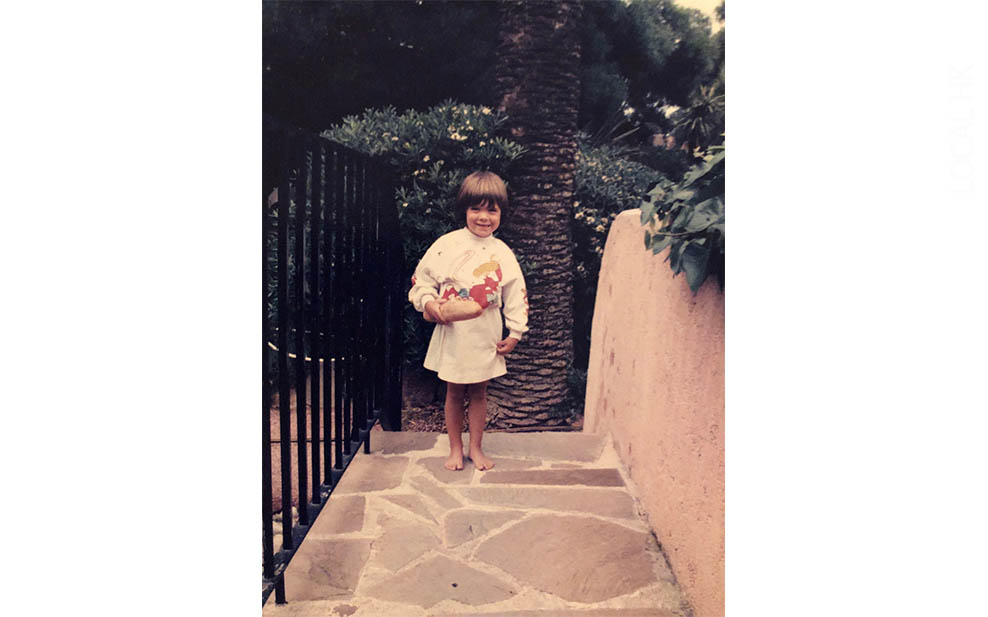
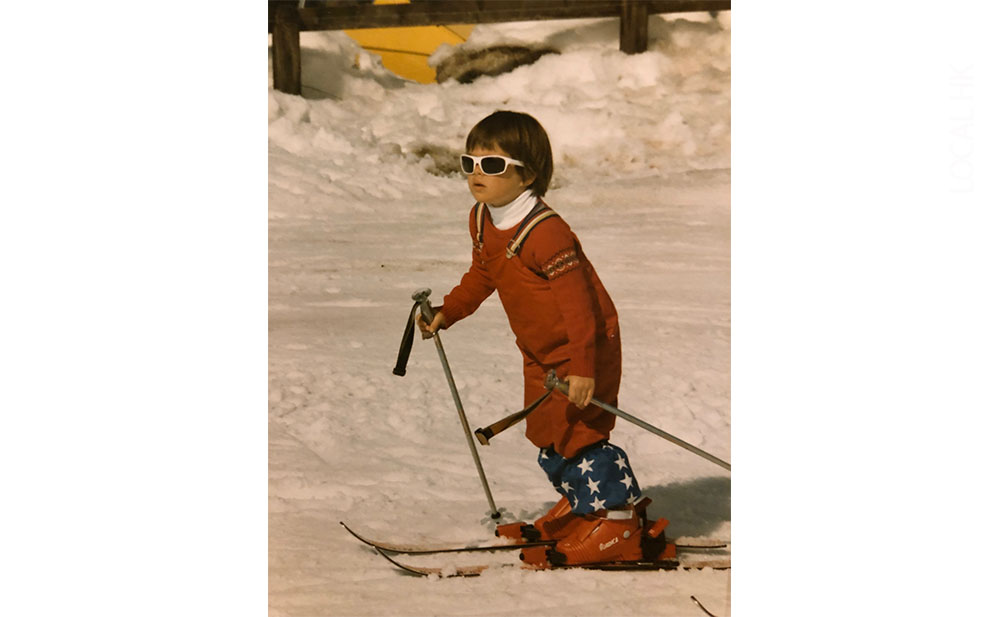
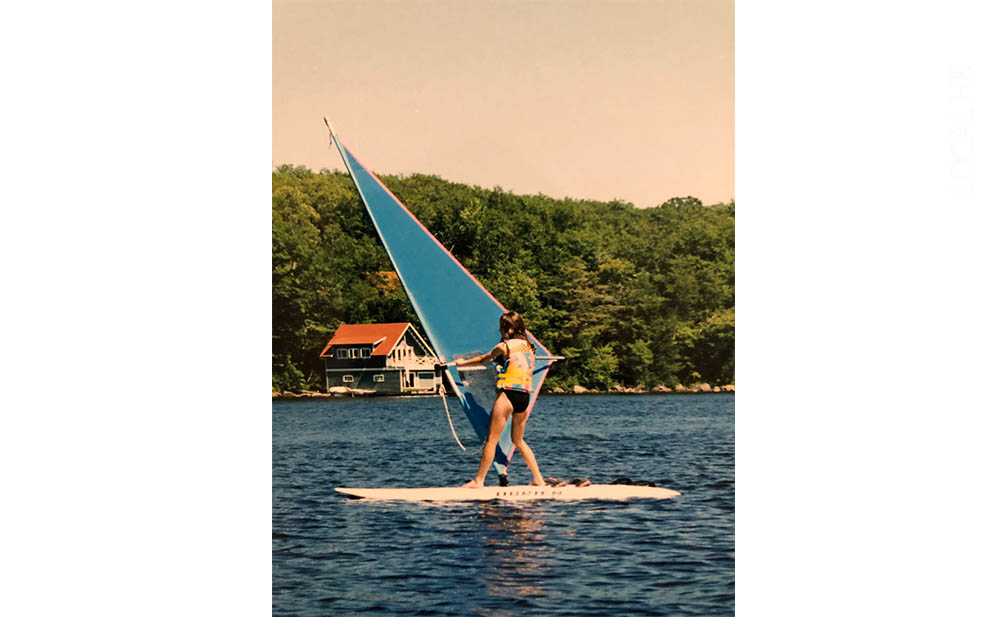
When not at home in Toronto, she was travelling internationally with her parents, often for extended excursions in Europe. “My parents were really obsessed with sponging up different cultures and took many sabbaticals to travel. They would visit many countries in one go […] I was the tag-along” Sarah chuckles.
Sarah’s education followed a similar theme to her family life -exposure to diverse environments with international flair. Throughout her early education she attended many schools, including (in her senior year of high school), one in Switzerland where she joined 100 other students in a study abroad program designed for Canadians. For a year, she stayed with a retired local couple who knew very little English. “Living with them was a fast-track to becoming fluent when you need to speak French to do anything- such as ask for dinner” Garner remembers. Going to school in Switzerland and becoming proficient in French bolstered her confidence and helped her gain acceptance to the prestigious McGill University in Canada.
Collecting Experiences
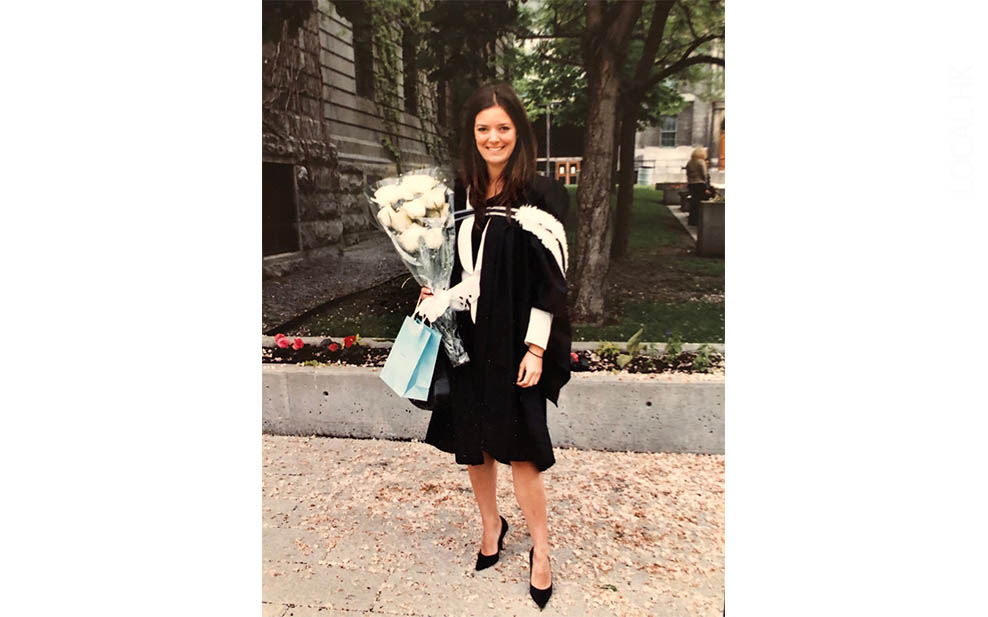
Sarah arrived on the beautiful campus of McGill in downtown Montreal, excited to soak in college life. “At first I had no idea what I wanted to study, I didn’t think high school prepared me to know what tracks were available” Sarah remembers. “I chose my degree as a result of a conversation I had with one of my dads friends […] He told me about a junior buying program in New York City that sounded so cool.” The requirement of the program was that students applying had a background in commerce and economics “I chose my major based on that” Sarah explains.
While spending most of her time studying and socializing with friends from around the world, she also got experience working a few odd jobs, including coaching tennis and, interestingly enough, helping a local business identify local overstock to college students -a skill that she would further hone later in her career.
Sarah’s choice to follow the advice she received regarding the program paid off when she was accepted to attend the junior buying program during the summer of her junior and senior years. She flew to New York and worked in the program as a junior buyer for the Bloomingdales women’s department- becoming the first Canadian student ever accepted. Living with a family friend in the Upper West Side, Sarah was living out a childhood dream – using her passion for creativity and fashion in the work she was doing.
Continuing with Bloomingdales in a full-time job after graduation presented challenges given her Canadian citizenship, so she instead jumped at an opportunity to work for Holt Renfrew (the Canadian equivalent of Lane Crawford). Although based back home in Canada, Sarah got to spend ample time in New York anyway, flying once a month to see new fashion lines and decide which designer products to buy for Holt Renfrew’s stores across Canada.
Asia Beckons
While excited to be in the fashion industry, learning about brands and buying strategies, Sarah hungered for a new opportunity outside of her comfortable Canadian confines. Many of her peers were starting to discuss the massive opportunities for fashion that lay ahead in Asia. In the early 2000s many big brands were in the process of deciding on their strategy to enter the market. The more Sarah read up on the market trends, the more sure she was that moving East would be the best move for her career. “I really zeroed in on coming to Asia,” Sarah commented. “I always felt like I had a fallback in Canada, so I didn’t think risk was something to avoid […] I was ready for a life adventure.”
Rather than wait for the opportunity to move, she got on a plane and travelled to both Hong Kong and Singapore with the intention of finding a job once she arrived. Two weeks after she landed, she secured a role with Lane Crawford, who saw her skill set in buying as advantageous to their growing presence in Asia. Arriving to Hong Kong , she was taken aback by the pace of life and found settling down on her own difficult. “I remember my first impression of Hong Kong was that it was very busy, a bit overwhelming […] back then it was the pre-smart phone era, every single step of getting set up was really hard.” Though she eventually found an apartment in Sheung Wan, other challenges took longer to navigate -especially the culture at her new office. “I’m vegetarian and always had been. We had a team that would often eat out. […] Every lunch was difficult, I felt like I was just an annoyance. […] Now there are a lot more options for vegetarians compared to back then” she explains.
Work itself was high pressure and action packed. “In a year I would attend something like 300 fashion shows. […] It was glamourous to a point, but I spent a lot of late nights working in my hotel room, all to wake up early and do it again the next day.” It’s a phase of her work life that Sarah can appreciate now, even though it had its challenges. “For anyone who wanted to be in that world it was a lot of fun” she comments. “Going to shows was almost like you get immersed in the designer’s crazy creative mind. It felt to me like going to museums- a cultural experience.”
Sarah’s buying position at Lane Crawford focused on “high fashion” -buying collections more for the “hype and cache” than sensible economics. While the environment of high fashion was glitzy and entertaining, she relished the opportunity to get a handle on the more practical side of running an efficient fashion business when she joined LVMH for her second role in Hong Kong. “Working for LVMH’s DFS group, I learned that running a fashion business is really about inventory management. I came to understand that was the biggest issue in the industry […] that’s how you create an actual sustainable business” she describes.
While Sarah enjoyed learning about inventory management and the back-office of buying and managing the inventory for designer products for a global distribution network she missed the creativity of the high fashion world. “DFS was about being safe. The business model was a much more prudent and scalable approach” she explains. “I was living in a spreadsheet.”
So, when Shanghai Tang approached Sarah in 2011 to run the product side of the brand -and take a considerable step up in role responsibility- she was excited for the challenge. For 2 years, she ran everything from design, merchandising, inventory planning; helping to drive sales and improve internal efficiency. After those 2 years, Sarah was considering what she would do next. Given her experience she was primed to take a high paying role with another big brand. “I was thinking about moving to another corporate role […] I was a bit burnt out to be honest.”
Winds of change were blowing at home as well. After marrying her partner Luke, who she had met hailing a cab on a busy Hong Kong street, she was expecting her child and planning their life together. While pregnant and taking a break from working, Sarah got some space and perspective on what mattered to her most. “I came into motherhood slowly […] for the first time since graduating I had time to pause and reflect” she remembers. “Having a baby changed my orientation from a more selfish direction to thinking ‘how can I do something that is purposeful and meaningful for his future?’”
The Birth of Retykle
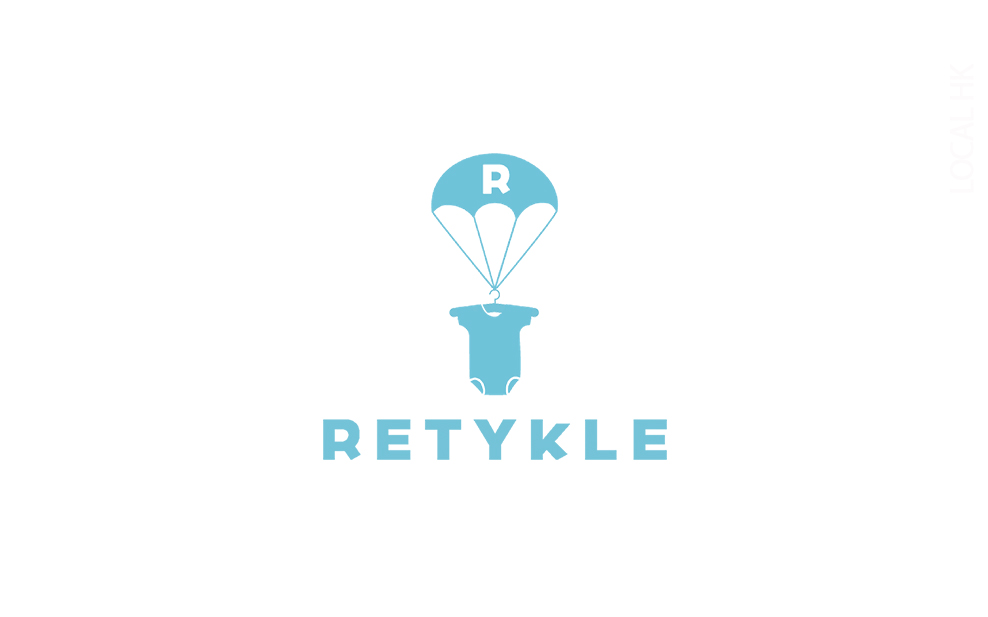
One of the most shocking things Sarah witnessed in the fashion industry was how big brands were throwing away and sometimes even burning excess stock to protect their brand. There was also a tendency for companies to sell more and more, rather than encourage consumers to re-use pieces, especially within children’s clothing, a huge percentage of which is worn just once or twice before being thrown away. “Kids are waste machines, everything they touch, they use, they wear is of temporary use […] the average child globally will go through 1700 pieces before they are fully grown” she explains. And those numbers are just the global average- in a wealthy city such as Hong Kong they are much higher.
Sarah decided that she wanted to focus on how she could make fashion less wasteful, particularly temporary use fashion. She envisioned an online platform, Retykle (a word play on tyke and recycle), where parents could trade-in old clothing and buy lightly used, or sometimes even brand new clothes for children. In doing so, she could eliminate a big source of waste while providing parents with a sustainable means to buy items that children need. “I also wanted to provide a safe place for brands to resolve their over stock […] to be aligned with a circular platform which can be brand–enhancing rather than brand–degrading” she explains.
As a first step, she set out to test the market and make sure her idea resonated with customers. So she built a professional website; handling, receiving and delivering orders by herself from home. “At the beginning I was out hand delivering products […] it was at the time I was pregnant with my second child […] people would ask ‘don’t you have somebody to do this for you?’” she chuckles. Sarah focused on making the experience as seamless as possible and eliminating the stigma that buying second hand was grungy or not professional. The response from the community was hugely positive. “Parents were looking for a solution […] the promise we delivered on is making it easy […] I wanted the whole experience to feel like a high five.”
By providing a smooth customer experience, saving customers 50-90% off compared to buying new, and also providing a way for people to trade-in their lightly used designer kids clothing, Retykle was delivering the type of value and impact she had envisioned and that justified expansion. So in 2017, Sarah moved her first office space and opened a pop-up shop off of Wellington Road. The pop-up allowed her to be seen and interact more with the community- and Retykle continued to show signs it had potential.
From there Sarah and her now growing team moved into a warehouse space in Wong Chuk Hang that would become their current operational HQ. With online and in-person sales continuing to grow, she decided to focus on securing investment to keep growing. “You have to continue taking risks to grow […] so in additional to our personal investment, I decided to raise money from friends and family.”
Making the mental leap of taking other peoples money to grow the business took courage and confidence. “Luke has been the biggest believer in this business from inception. […] He saw this coming well before I did” Sarah explains.
Since raising funds in 2018, Retykle has expanded its space twice to make room for its growing assortment of products, which now includes children’s strollers, toys and other articles in addition to an expanded range of sizes of children’s clothing. The more products Retykle can efficiently run through their supply chain, the better they can provide value to their clients and perhaps more importantly, the bigger impact they can make on the environment.
A Sustainable Future
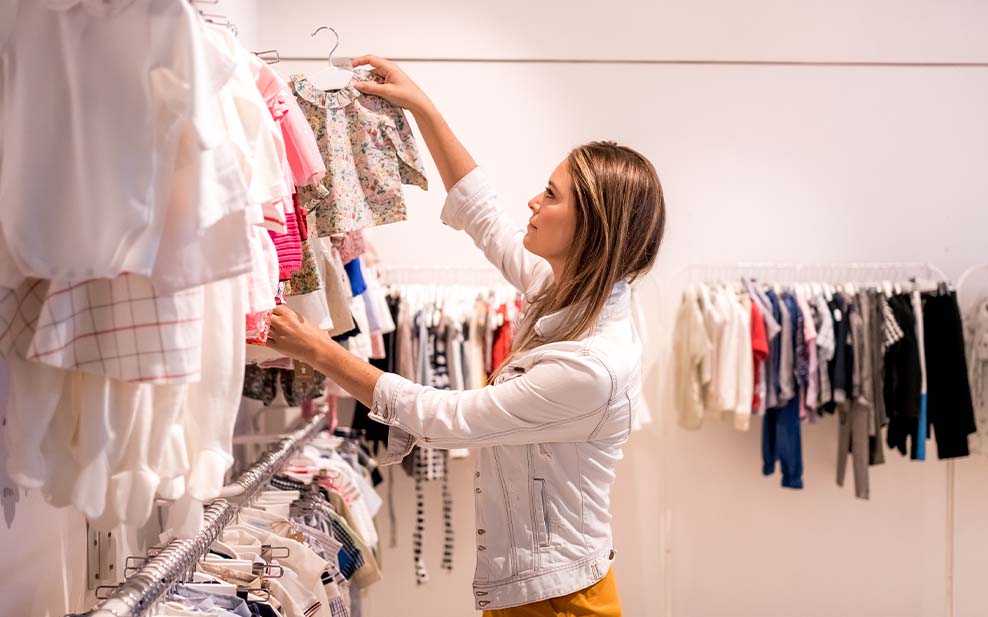
In 2021, Retykle’s future looks as bright as ever. After a successful round of further investment in late 2020, the company is poised to bring its model to Singapore. When speaking about Retykle’s goals for the future, Sarah explains, “We have three main goals upcoming. One is we want to create a replicable playbook for our model in Singapore and creating the blueprint & technologies for scaling into further markets. The second is to continue to improve our operations and build more tech and personalization into the buying experience. And lastly, it’s to invest in expanding our team.”
Given the dire situation of climate change and the push by big fashion to finally make meaningful changes to their operations, the momentum behind Retykle’s business model is certainly growing. And investment in the space continues to expand –Vestiaire Collective received 218M USD in investment earlier this year. Given Retykle’s unique business model and operational efficiency, the company is poised to outflank competition and continue it’s steady growth. Sarah and her team see competition as a good thing, however, as it means that the market is finally shifting and coming to grips with the need for sustainable solutions.
In the summer of 2021, Retykle opened a newer and bigger pop-up shop in Causeway Bay, which was a big success. It’s inspirational that the founder was back in the neighbourhood she started in when she first arrived in Hong Kong- this time with her own business making a positive change in the industry she mastered.
Advice for Aspiring Entrepreneurs
As Sarah’s story illustrates, taking a measured approach to building a business is a course that works well. As such she counsels, “If you have an idea don’t go too big too soon.” As experience has taught her, “building one-step at a time, and getting feedback throughout the journey is the best way to do it. You don’t know for sure what your customers are going to want, you have to be flexible and iterate.”
When building a business, it’s also crucial to always be building experiential knowledge. It can be an easy mistake for entrepreneurs to think they know everything and put others’ advice to the side. “Learn the basics and tap into people who know more than you. There is so much that you don’t know when you start a company, be humble and learn from others” Sarah suggests. “Being a jack of all trades and a master of none, is better than the alternative when running a company.”
In addition to keeping your mind open to learning, the second, and perhaps most important principle of starting a business like Retykle is to “be stubborn and don’t give up easily.” Dogged determination, especially in the early stages of Retykle is what kept Sarah moving forward. As an entrepreneur the road can be lonely and frustrating, it takes a resilient attitude to keep your focus on moving forward.
It’s Sarah’s hope that more people go out and test their ideas to try and make the world a better place. Working for a corporation is not something to feel bad about either, everybody can make a positive impact in their own way. “I have no regrets, I feel really informed by my corporate experiences. I understand the industry and the complexities […] I feel like in some small way we can be part of a positive change, and customers are clearly leading as well” Sarah explains.
Before you go:
To learn more about Retykle visit www.Retykle.com and follow them on instagram @Retykle
https://www.instagram.com/retykle/
Check out Sarah and Luke Garner’s books they co-authored for children: My Hong Kong Alphabet and My Singapore Alphabet
Sarah and Retykle’s story will be told in upcoming documentary, ReFashioned covering the topic of circular fashion. See preview here.
Keep an eye on Retykle’s website news related to their upcoming Singapore launch!
Finally,
Here are a few quickfire questions and answers to help you get to know Sarah better. We asked Sarah to say the first thing that came to mind when we said the following words. Her reponses are in italics.
Toronto- home
Lane Crawford- Fashion
Mom life- grateful
Success- fulfillment
Risk- appetite
Love- comfort
Sustainability- Longevity
Future- bright
Retykle- Circular
Entrepreneurship- worth it!
Purpose- kids
Challenge- uphill
Written exclusively for WELL, Magazine Asia by Jackson Kelleher
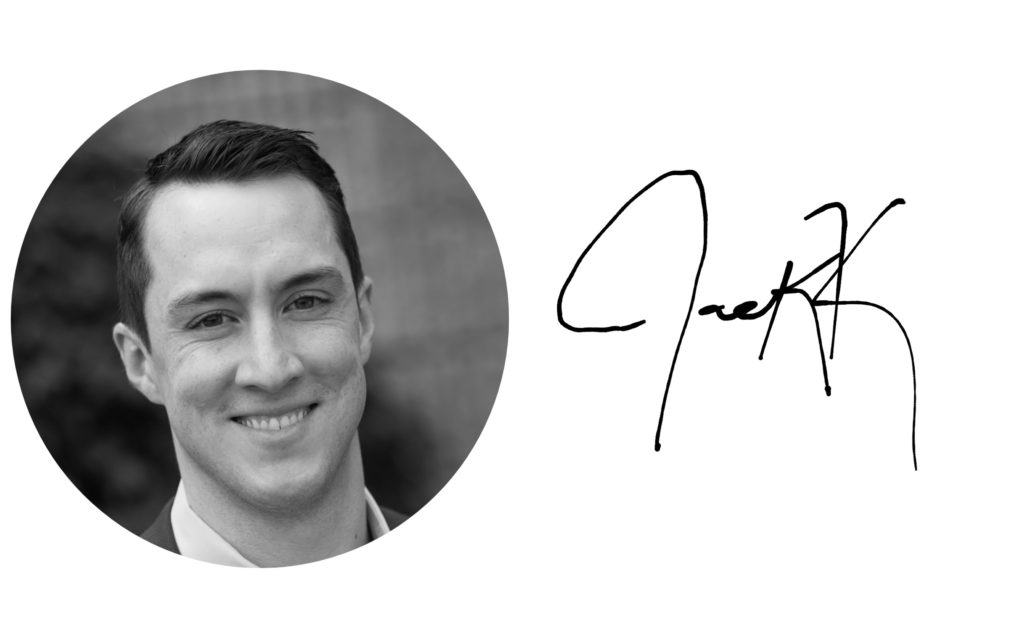
Thank you for reading this article from WELL, Magazine Asia. #LifeUnfiltered.
Connect with us on social media for daily news, competitions, and more.
